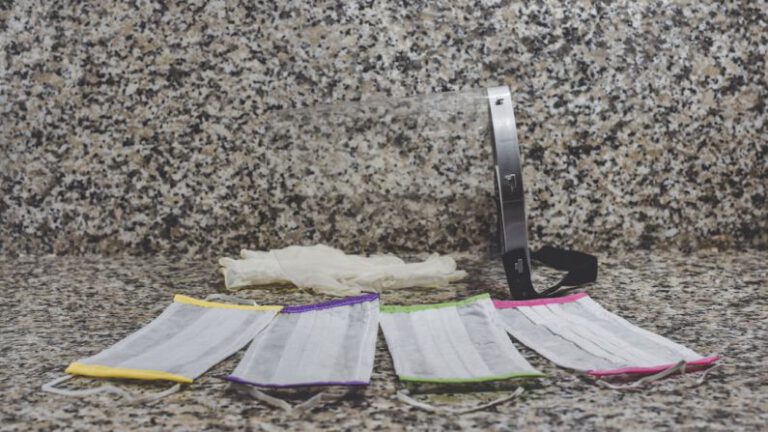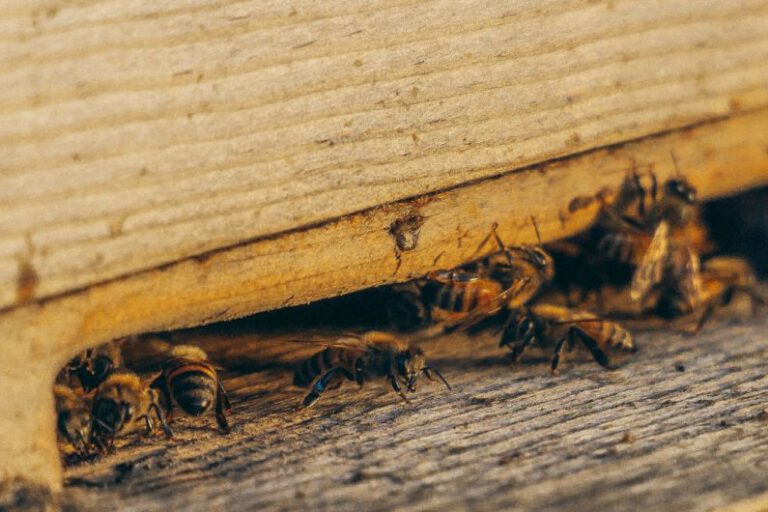How Often Should You Service Your Hvac System?
Maintaining comfort within your home involves more than just setting the thermostat to your desired temperature. Your HVAC (heating, ventilation, and air conditioning) system plays a crucial role in keeping your indoor environment pleasant all year round. To ensure that your HVAC system operates efficiently and effectively, regular servicing is essential. But the question remains: how often should you service your HVAC system?
Understanding the Importance of Regular HVAC Servicing
Your HVAC system consists of various components that work together to provide heating, cooling, and ventilation to your home. Over time, these components can accumulate dust, debris, and wear and tear, leading to decreased efficiency and potential breakdowns. Regular servicing helps to address these issues before they escalate, ensuring that your system operates optimally and prolonging its lifespan.
Factors That Influence Service Frequency
The frequency at which you should service your HVAC system depends on several factors, including the age of the system, usage patterns, environmental conditions, and manufacturer recommendations. Typically, newer systems may require less frequent servicing compared to older ones. Similarly, systems that are used year-round will need more regular servicing than those used seasonally.
Climate also plays a significant role in determining how often your HVAC system should be serviced. For example, if you live in an area with high humidity or excessive dust, your system may need more frequent maintenance to prevent issues such as mold growth or clogged filters.
Signs That Your HVAC System Needs Servicing
While having a regular servicing schedule is crucial, it’s also essential to be vigilant for signs that your HVAC system may require immediate attention. If you notice any of the following issues, it’s best to contact a professional HVAC technician promptly:
– Uneven heating or cooling throughout your home
– Strange noises coming from the system
– Increased energy bills without a corresponding change in usage
– Frequent on/off cycling of the system
– Inconsistent temperature control
– Unpleasant odors emanating from the vents
Consulting with a professional technician can help identify the root cause of these issues and prevent further damage to your system.
Recommended Servicing Intervals
While the frequency of servicing your HVAC system may vary based on individual circumstances, a general guideline is to have your system serviced at least once a year. Ideally, it’s best to schedule maintenance before the start of the heating and cooling seasons to ensure that your system is in top condition when you need it most.
During a routine service appointment, a qualified technician will inspect, clean, and tune up your HVAC system to ensure that it operates efficiently. This may involve tasks such as replacing air filters, checking for leaks in ductwork, lubricating moving parts, and testing thermostat calibration.
Conclusion: Ensuring Longevity and Efficiency
Regular servicing of your HVAC system is not just about preventing breakdowns; it’s also about ensuring that your system operates efficiently, saving you money on energy bills in the long run. By staying proactive and following manufacturer recommendations, you can enjoy a comfortable indoor environment and extend the lifespan of your HVAC system. Remember, a well-maintained HVAC system is a happy HVAC system!






